Description
About the farm
Great Cotmarsh is a lowland livestock farm at the foot of the Marlborough Downs in North Wiltshire, farmed in a way that supports nature recovery, improves soil health and produces nutrient rich food.
We don’t use chemicals or synthetic fertilisers. Instead we manage our farm by trying to understand and work with the natural resources found in a functioning ecosystem.The farm is certified organic with the Soil Association. Plant, insect and bird life is up to 50% more abundant on organic farms and we feel it is important our customers have the confidence that our farming system is working in the most nature friendly way. In addition our lamb and beef is accredited with Pasture for Life. We only feed our livestock 100% pasture, which brings positive impacts for biodiversity and carbon sequestration. Pasture fed meat has lower fat levels than grain-fed meat, higher levels of omega-3 fatty acids and higher vitamin and mineral levels. We began our adventure into farming together in the summer of 2014, but it wasn’t until 2022 that we managed to find our own farm in Wiltshire. We are first generation farmers – that means that neither of our parents are farmers. James has extended family that farm, and he grew up spending school holidays helping out at lambing time and creating many fond memories, but Katie is the first in her family to farm. We have lots of exciting plans for Great Cotmarsh Farm. From planting over 1700m of native species hedgerow and 180 trees, to restoring species rich grassland across 60 acres of pasture and managing areas to support lapwing and curlew.
Portland
Katie’s Portlands are a primitive breed, which has long inhabited the Isle of Portland off the Southern coast of England. They are hardy and thrifty, used to surviving on sparse grazing. Happy to eat rough grasses and browse on shrubs, it makes them ideal for conservation grazing and a 100% pasture based diet. Lambs are born a russet red however this fades as the sheep age – the face and legs become a distinctive tan colour whilst the fleece is cream. They have stunning curled horns. The meat is known for its delicious flavour – it was recorded that George III was a fan of the Mutton. Their versatile fleeces make fantastic worsted-weight yarns, and the wool’s warm white tones nicely enhance dye colours.
Castlemilk Moorit
Castlemilk Moorits are one of the larger primitive breeds. They were originally bred in the early years of the 20th century on the ‘Castlemilk Estate’ in Dumfriesshire. Using Manx Loghtan, moorit Shetland, Wiltshire Horn and wild Mouflon, a breed was developed light brown in colour with definite mouflon pattern markings. Their meat is very lean, slow maturing with high quality, superbly flavoured meat. They are renowned for their excellent fleece, tight and even throughout. It is naturally bleached at the tips and darker at the base and when processed chunky yarn, it is left its natural milk chocolate colour.






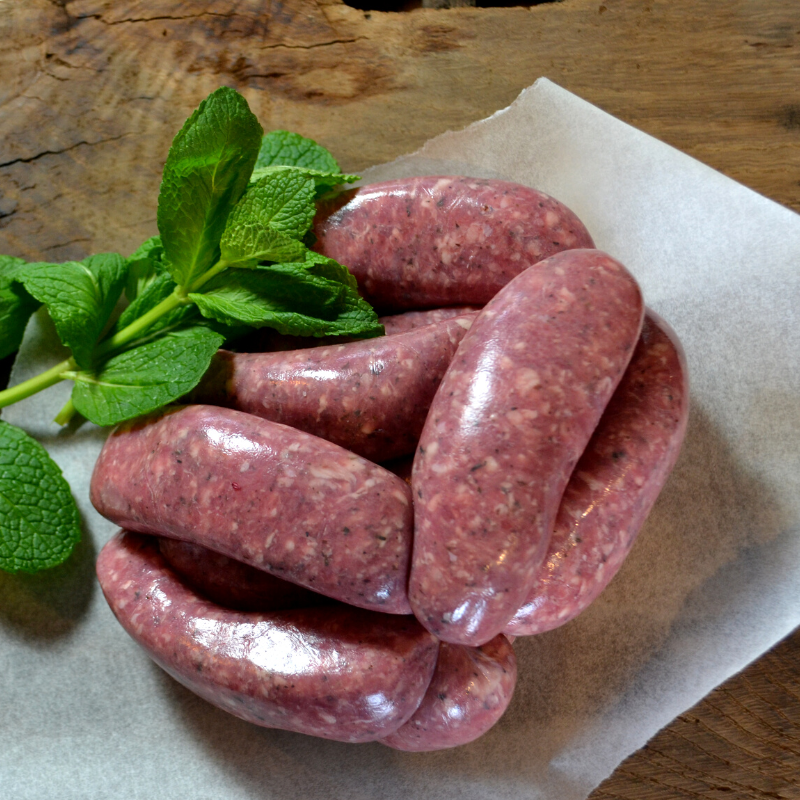

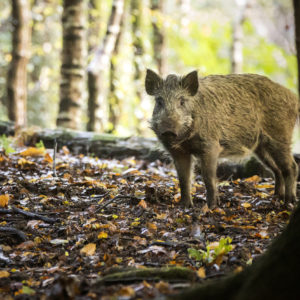


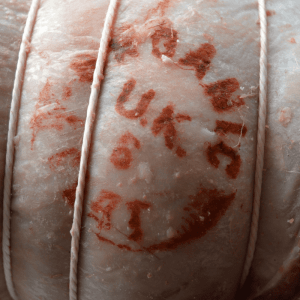

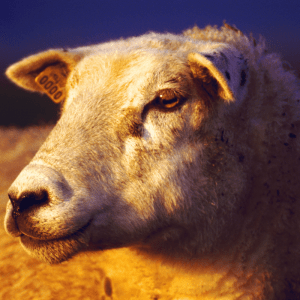



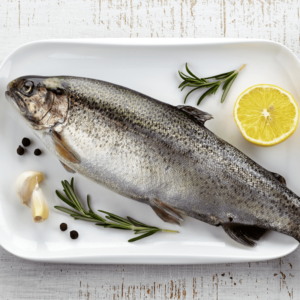


Reviews
There are no reviews yet.